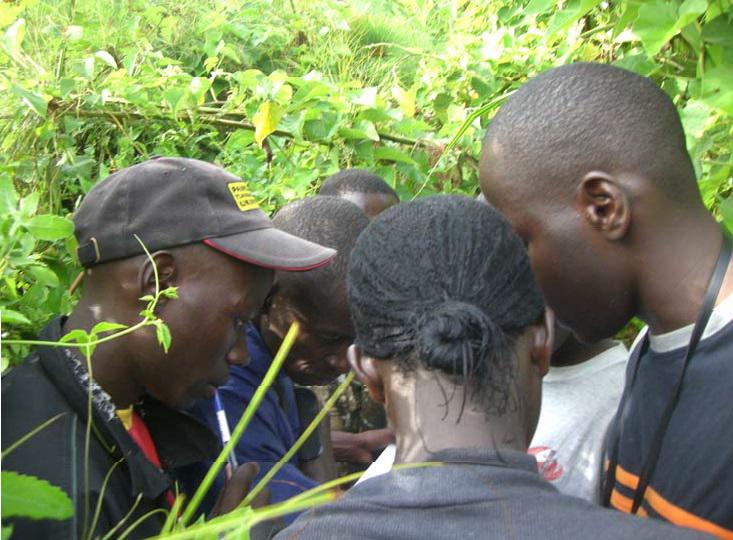Akwany Leonard Omondi
Other projects
14 Feb 2008
Community Based Biodiversity Monitoring and Conservation for Yala Wetland, Kenya
6 Jul 2010
Strategic and Multi-stakeholders Advocacy for Yala Wetland Community Conservation Area and Ramsar Site, Kenya
To facilitate development of multi-stakeholder framework for enabling Yala Wetland Eco-cultural Village anchored on wetland wise-use and locals livelihood security.
Yala wetland is a biodiversity rich and diverse ecosystem comprising of river Yala, Yala swamp, satellite lakes which serve as birds’ paradise, multiple species habitat and living museums of haplochromines and cichlid fish species that long disappeared in Lake Victoria. The wetland is undergoing anthropogenic threats such as wetland reclamation for farming, burning and over-harvesting for papyrus crafts, cooking fuel, fishing grounds accessibility paths and sand harvesting.

Hence the necessity of this project interventions which include development of participatory Yala wetland conservation and development plan, promotion of wetland-friendly alternative livelihoods and initiatives, sustaining of wetland monitoring and surveillance, conservation education and finally continuing networking, resource mobilization and volunteers capacity building for long-term wetland management.
Project Goal:
A. To facilitate development of multi-stakeholder framework for enabling Yala Wetland Eco-cultural Village.
Project Specific Objectives:
i) To develop participatory and inclusive Yala Wetland Conservation and Development Plan for demand-driven interventions, sustainability and resource mobilization.
ii) To promote wetland friendly alternative livelihoods and initiatives for reduction of negative anthropogenic pressure and enabling wetland wise-use.
iii) To enable Yala Wetland monitoring and surveillance to avail critical biophysical and social information for impact evaluation
iv) To upscale wetland conservation education for desired wetland friendly attitude and behaviour change.
v) To facilitate conservation volunteers capacity building for effective and efficient grass-root wetland conservation and development
vi) To sustain networking and resource mobilization for long-term Yala Wetland management.